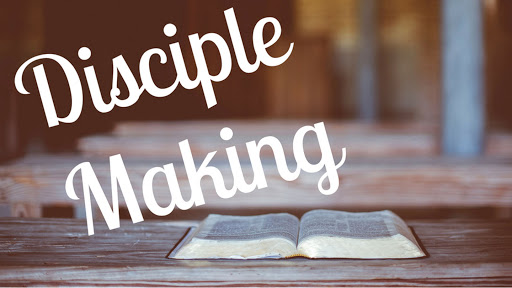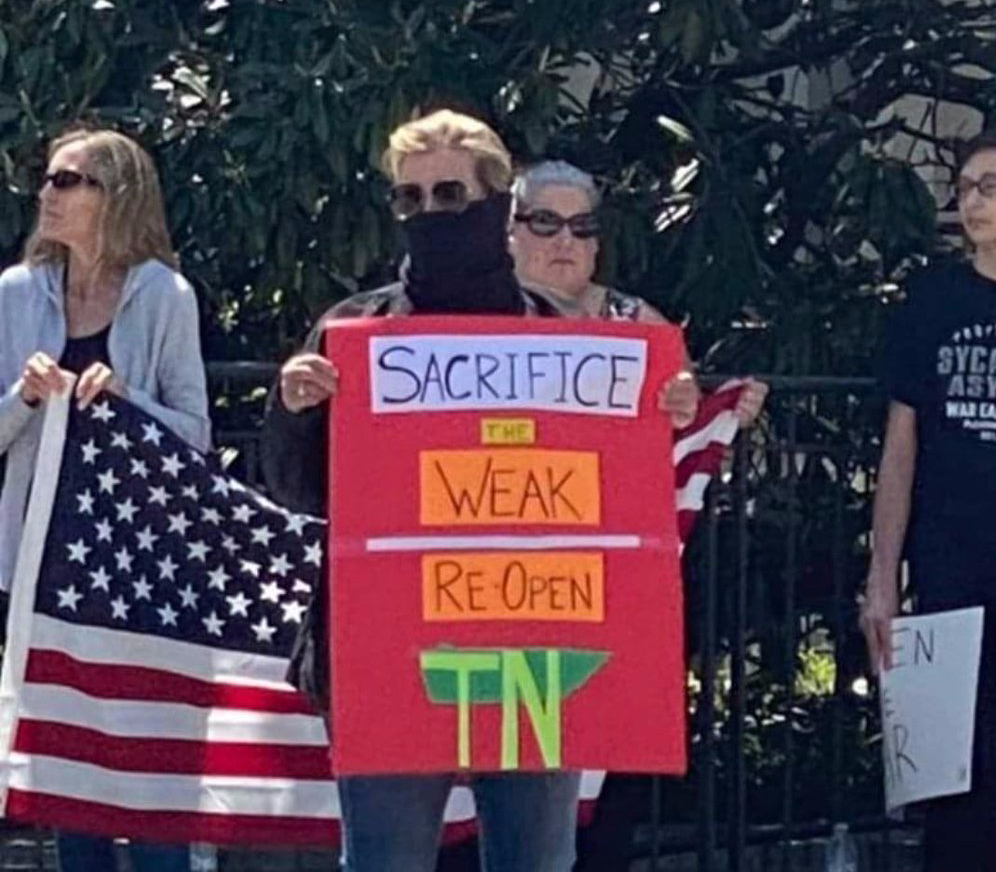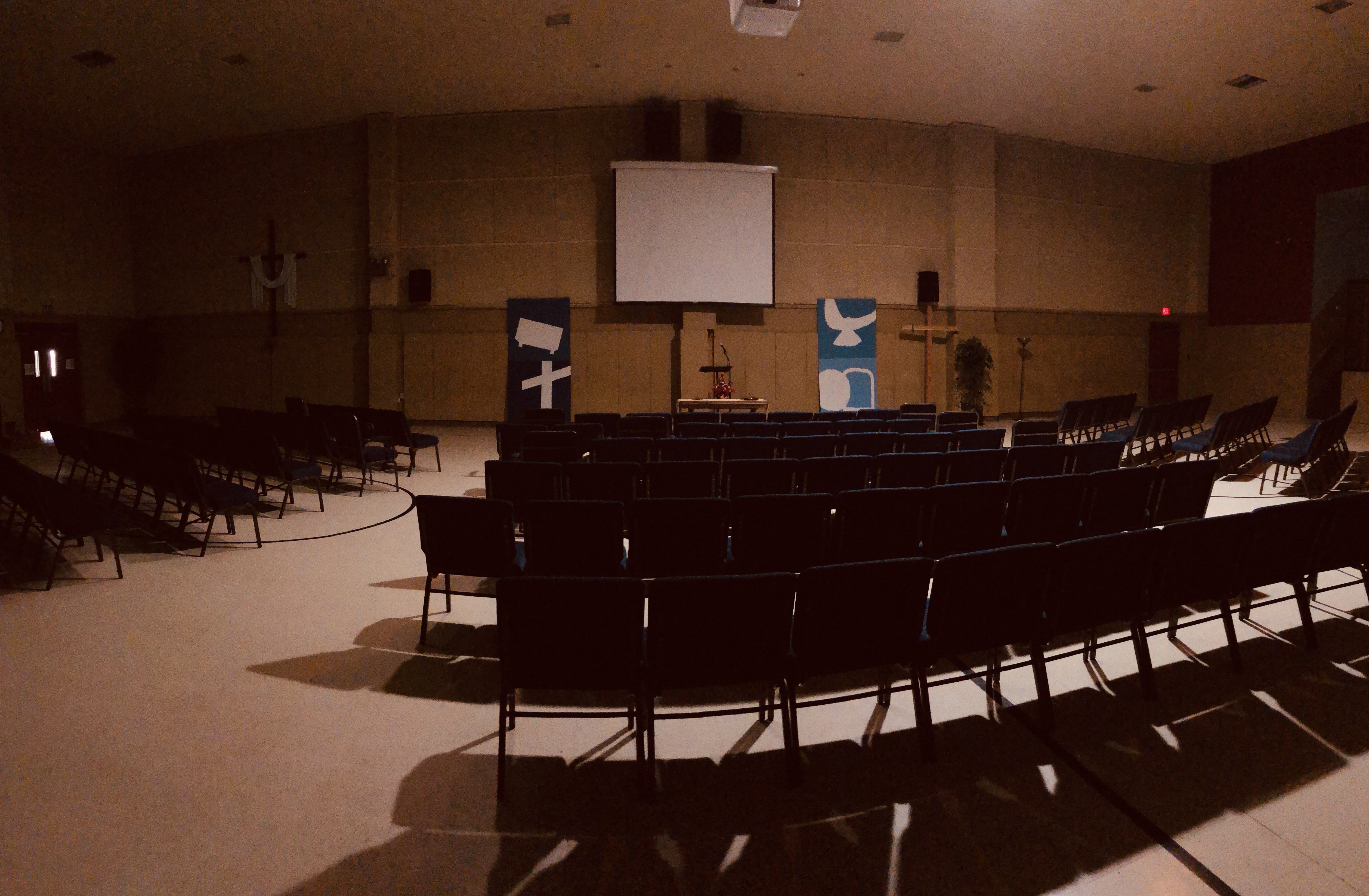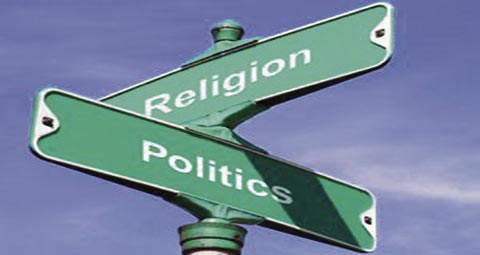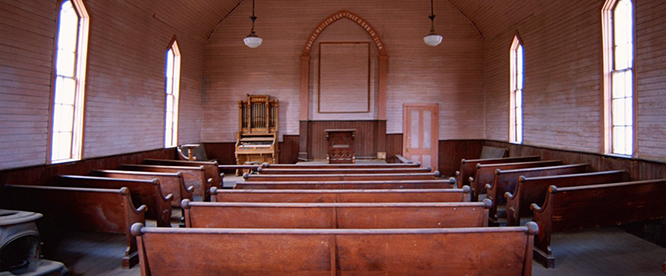I’m a pastor who preaches. Like many other pastors, most Sundays I will be preaching a message to the church I serve. I’ve been doing this for over twenty years now and still love doing so. Although I cringe sometimes when I read some of the sermons I wrote when I was younger, I’m thankful to God for his grace upon both myself and the churches I have preached to.
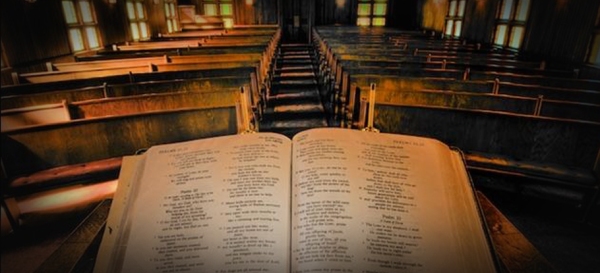 Although my approach to preaching has changed over the years, the message strives to faithfully take what the scripture says and bring it to bear upon the life of the church. This is so much more than just exegeting a passage of scripture. You see, I believe that preaching is a way of helping lead the local church in following the way of Jesus by proclaiming the word of God as both a pastoral affirmation and/or prophetic declaration that is an invitation and challenge spoken in love and seasoned by humility, grace, and truth. While that work is dependent upon the Holy Spirit, it does require sermon preparation on both the part of the pastor and church.
Although my approach to preaching has changed over the years, the message strives to faithfully take what the scripture says and bring it to bear upon the life of the church. This is so much more than just exegeting a passage of scripture. You see, I believe that preaching is a way of helping lead the local church in following the way of Jesus by proclaiming the word of God as both a pastoral affirmation and/or prophetic declaration that is an invitation and challenge spoken in love and seasoned by humility, grace, and truth. While that work is dependent upon the Holy Spirit, it does require sermon preparation on both the part of the pastor and church.
Preparation in preaching begins with following Jesus. Both the pastor and church must share a commitment in living as a community of disciples. How can a pastor lead people in following the way of Jesus if the pastor isn’t striving to follow Jesus? How can a church follow the way of Jesus if those who gather together on Sunday as the church are not following Jesus? I begin here because we all know examples of nominal Christianity in America, examples of Christianity in which consumerism, nationalism, and traditionalism have eclipsed the mission of God. Such idols obscure our eyes and hears from seeing and hearing the gospel. So good sermon prep begins by following Jesus in seeking first the kingdom of God (cf. Mt 6:33).
Preparation for the pastor also involves listening to people and reading books. First, let me say that reading theology, philosophy, etc… does not mean ignoring scripture or regarding the Bible as deficient in some manner. What reading does is allow the consideration of perspectives that otherwise might go unnoticed, cultivating a depth of knowledge and wisdom that shapes the message being proclaimed. In my own experience, such reading opens space for seeing more clearly how God might be at work in the world so that the church might continue participating with God in that work. However, in addition to reading and the exegesis of scripture, I am convinced that good preaching requires time spent with people, listening to their desires, struggles, and so forth. Listening to people is how the Spirit, in revealing the things of God (cf. 1 Cor 2:10), enables us to hear the word of God as a word to the people who will hear his word preached.
As suggested earlier, good sermon preparation isn’t just the work of the pastor. The believers who will gather for worship to hear the word of God proclaimed also have some preparation to do as well. The, whether as a monologue or dialogue, is not a passive occasion just to receive a “booster shot” for the week ahead. If preaching, as I contend, is to help the church follow in the way of Jesus, then our preparation as hearers of God’s word begins with the regular prayer of the psalmist, “Teach me your way, Lord, so that I can walk in your truth” (Ps 86:11).
Good preaching will always proclaim the word of God that we need to hear, which is not necessarily the word we will always want to hear. While hearing that word of God is impossible apart from the Spirit, preparation is a means in which the Spirit works so that pastors will have a message to preach that the church will hear.

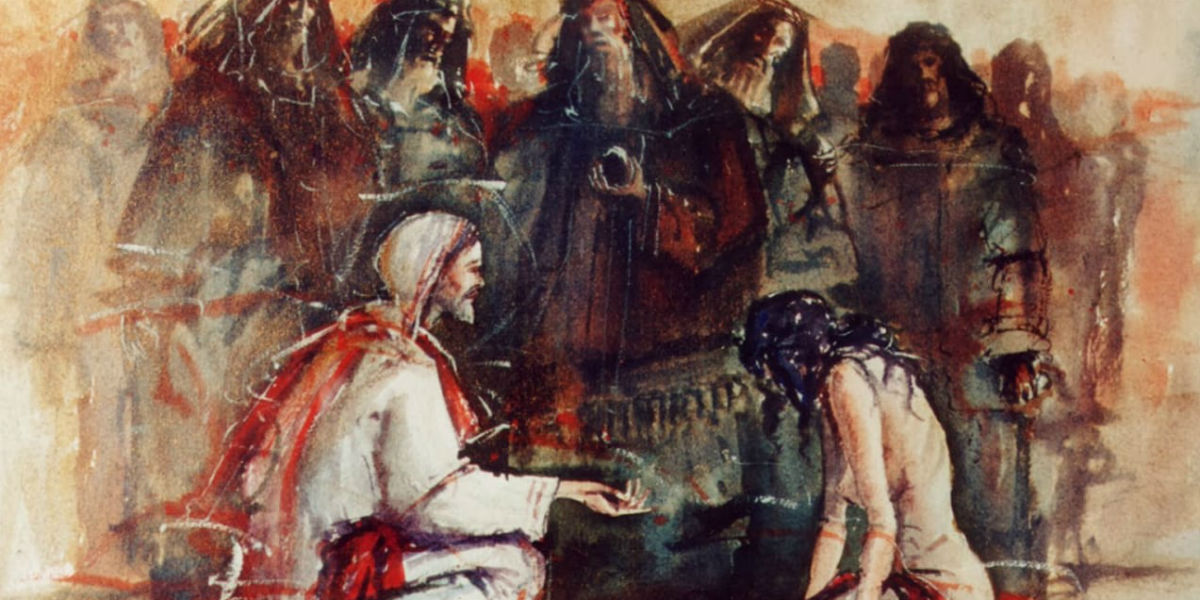 Many people, Christian or not, know the two great commands in the Bible are loving God and loving our neighbors as ourselves. Whether people believe in the existence of God or not, nobody can argue against the virtue of love. To love others implies acting benevolently toward others, doing good for them. This kind of love is what the Greeks called agapē but could also include friendliness towards others, the kind of love referred to as philia. But can we all just love others so easily?
Many people, Christian or not, know the two great commands in the Bible are loving God and loving our neighbors as ourselves. Whether people believe in the existence of God or not, nobody can argue against the virtue of love. To love others implies acting benevolently toward others, doing good for them. This kind of love is what the Greeks called agapē but could also include friendliness towards others, the kind of love referred to as philia. But can we all just love others so easily?

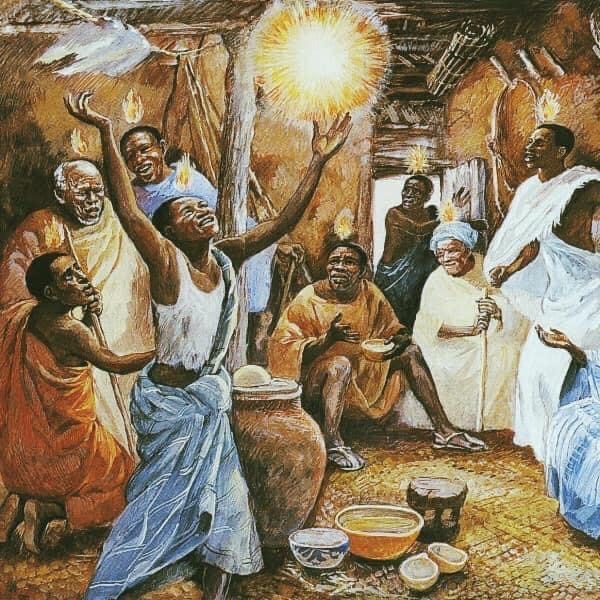 In fact, the gospel experienced among many churches, though not all, doesn’t resinate as good news. Instead, it’s become like a television rerun aired one too many times and now the people are changing the channel. Right now, America is slow suffocating under the weigh of systematic racism that has existed from the beginning, though it has certainly changed in the way it manifests its evil presence. Sadly though, the church in America has largely failed in embodying the equality of the gospel message proclaimed on Pentecost. Instead of existing as the alternative to the racism (and other inequalities), Christianity in America has often compromised with racism. Too often, Christianity in America has failed to see that God has poured his Spirit upon black people too.
In fact, the gospel experienced among many churches, though not all, doesn’t resinate as good news. Instead, it’s become like a television rerun aired one too many times and now the people are changing the channel. Right now, America is slow suffocating under the weigh of systematic racism that has existed from the beginning, though it has certainly changed in the way it manifests its evil presence. Sadly though, the church in America has largely failed in embodying the equality of the gospel message proclaimed on Pentecost. Instead of existing as the alternative to the racism (and other inequalities), Christianity in America has often compromised with racism. Too often, Christianity in America has failed to see that God has poured his Spirit upon black people too.